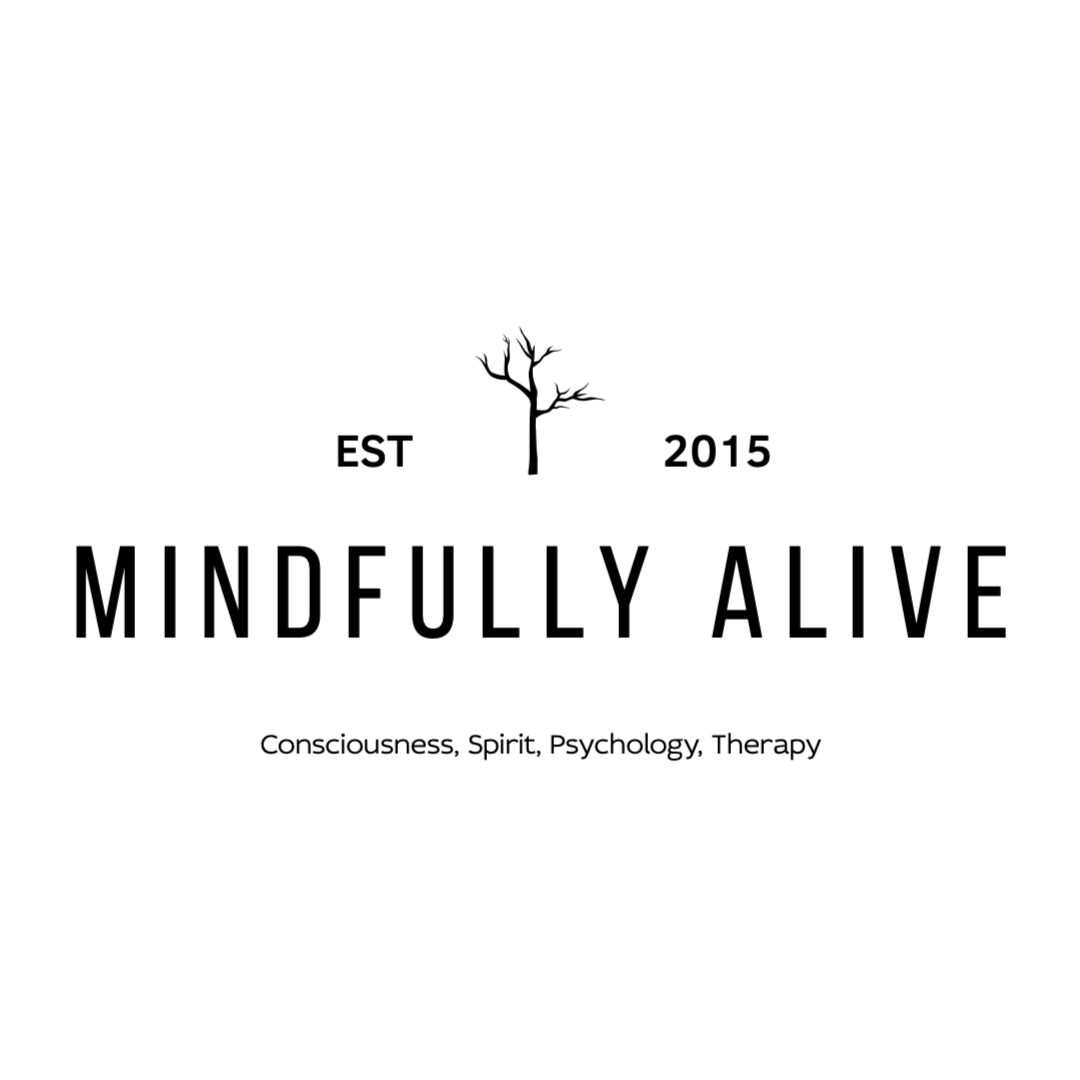
Why is Self-Awareness Important?
From a very young age in our families, we learn to discern what topics are not tolerable to talk about, exactly how sad we should be, how angry and how loud. We learn what is good and bad and unconsciously conform to those expectations. In some families, a collective understanding that silence is the best way to deal with what is distressing takes hold. In some families, it’s an unspoken contract of “seeing through rose colored glasses” that is the standard.
Because we are extremely adaptable, we tend to perceive our childhood experiences as pretty “normal” or even trivialize our experiences. However, we carry those blueprints into our adult lives and we continue to perpetuate these unspoken contracts within our own romantic relationships, our relationship with our work, with our children, friends and with ourselves. Without self-awareness we are unconscious of our hidden emotional inheritance and we continue the emotional legacies we were born into without questioning them; without choice. That is, unless, we take the “road less traveled” and become the cycle breakers.
Making the Unconscious Conscious
In her book, Emotional Inheritance, Galit Atlas, PhD says: “Everything we do not consciously know is relived. It is held in our minds and bodies and makes itself known to us via what we call symptoms: headaches, anxiety, fears, insomnia”.
Here are some questions to reflect on to increase contact with ourselves:
– What is your relationship with money?
Is money really the root of all evil? Is it greedy to want to have a lot of money? Does it mean you have to work SO hard and sacrifice SO much to feel worthy of having a lot of money?
– What do you tend to judge in others?
What are you overly critical of? We tend to have strong emotions around what makes us too anxious to know exists within our own self.
– Who do you idealize?
– How vulnerable with your emotions can you be?
How much can you let your partner in? How do you expect them to respond when you do let go and you let them in? Are you in tune with your own emotions?
– What do you need when you are sick?
– Where do you feel envy or jealousy?
– Do you feel in competition with others?
– What do you want for yourself that you still struggle with or find impossible?
Through the work of therapy, we can gently enter areas of the psyche that have been left behind. We can piece together patterns and influences and see where our freedom has been limited.

